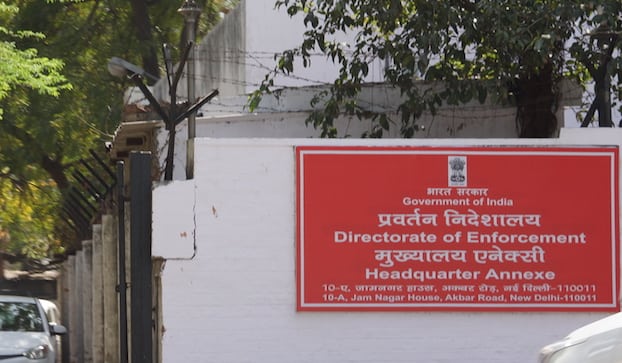A company named Vandhan Vidyut Ltd had sought financial help from the consortium of banks, and the PNB granted Rs.546.77 crore loan to the company. Later, the company defaulted in the payment which had the ED pass a provisional attachment order regarding the properties of the former.
The NCLT, Mumbai had passed an order declaring moratorium under section 14 of the Insolvency and Bankruptcy Code, 2016 on an application made by the State Bank of India, who is a financial creditor as well as a member of the consortium of the banks. The PNB made an appeal before the PMLA against the ED attachment order.
In the absence of illegality or unlawfulness, the ED cannot attach the properties held as secured assets by the bank, and there is no error in the title of the bank. Further, there is no money laundering charge against the bank.
Nevertheless, the ED relied on a non-obstante clause in a provision of PMLA to claim priority over the debts. However, the PNB quoted from the SARFAESI Act, 2002, and Section 31B of the Recovery of Debts due to Banks and Financial Institutions Act, which provides
“Notwithstanding anything contained in any other law for the time being in force, after the registration of security interest, the debts due to any secured creditor shall be paid in priority over all other debts and all revenues, taxes, cesses and other rates payable to the Central Government or State Government or local authority.”
The Appellate Tribunal, however, disagreed with the contention made by the ED by stating several precedents of the High Courts and the Supreme Court. In case of non-obstante clauses in two conflicting acts, the act whichever came later should prevail over the earlier one. The Adjudicating Authority failed to take this into account, and therefore, the Insolvency and Bankruptcy Code, 2016 should also have been taken into account due to the moratorium order passed by the NCLT, Mumbai. Hence, the very proceedings against the corporate Debtor are prohibited due to the operation of the moratorium.
Consequently, the tribunal made several observations regarding the Public Sector Banks. It observed that the economy would collapse if the bank were told await the end of the trial, and the appellant is a Public Sector Bank which should not be in a worse position in the commercial market. The money must reach the public before the conclusion of the trial as the trial would drag for years, and therefore no attempt should be made to block the loan amount.
Courtesy/By: Sandeep G
|
05 Jan 2019

